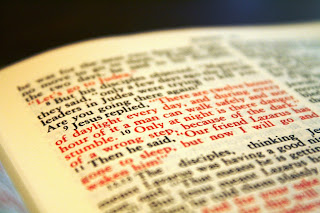A literary analysis essay requires careful examination and evaluation of a piece of literature. All you need to do is to take a close look at the different elements of a literary text and author's strategies used in it. You’ll need to explain how you understand the work as a whole and how it makes you feel and why.

A Literary Analysis Essay Questions to Answer
It's better to start analyzing literary text while you read. Be sure to make some notes, copy or underline the most meaningful parts of text. Become a thoughtful reader. Never stop asking yourself how the text makes you feel and why. Here are some important questions to tackle while you read:
- Who are the main characters? Can they be divided into some groups?
- Does the author use some narration tools (a frame story, flashbacks, plot twists, reliable or unreliable narrators etc.)?
- Does the author include some figures of speech (allegories, metaphors, epithets, similes, parodies etc)?
- How do you feel about the devices used by the author?
- Does this work of literature give you some food for thought?
- Do you see any connections with the other works of this author or real life?
A Literary Analysis Essay Outline
After you complete reading and answer those questions, you should have plenty of ideas and materials for your project. All you need to do at this point is to properly put your ideas in writing.
- Introduction is the first paragraph of literary analysis essays. It should contain some identifying material (the name of the author and work under analysis), the aspect you're going to discuss and a hook to make sure that your readers do not fall asleep (it can be a quote, a provoking question or a curious fact).
Phrases to use: From the first pages/ lines.... The most fascinating thing about this work of literature... - Thesis statement is the central message of your project condensed in only one sentence which is usually placed at the end of the introduction paragraph.
Phrases to use: The main controversy... The author's core message expressed through... - Main body paragraphs should present the main arguments defending the position expressed in the thesis statement. Don't hesitate to include the textual evidence and your own examples if appropriate.
Phrases to use: The author shows the process... When this character first shows up in the book…Another example is... - Conclusion is your last chance to convince your audience that your main claim makes sense. Make your project sound finite.
Phrases to use: The overall impression from... The devices used by the author...
Don't forget to include a reference list into your literary analysis essay. Feel free to mention not only the primary source (the work of literature under analysis), but also some secondary sources (such as reviews and critical articles of other authors) in your bibliography.











0 comments:
Post a Comment